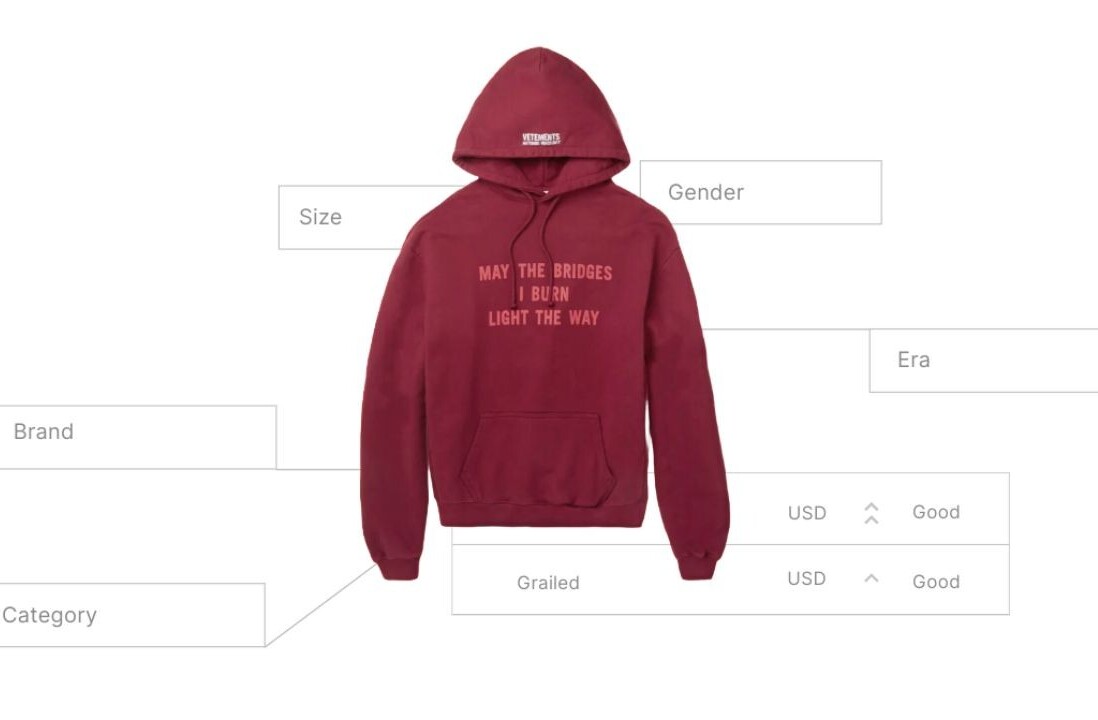
Two weeks ago, The Next Web went along to meet a bunch of young startups to emerge from the UK’s first £1m startup accelerator programme.
Ignite100 launched nine new companies which, as we wrote at the time, was a proud moment for England’s Northeast startup scene. We’ve already covered one of the startups – Artspotter – an app which helps users discover art and cultural events and exhibitions. Next up, it’s CrowdIPR.
In a nutshell, CrowdIPR is an online professional network of technology and intellectual property experts. It’s a platform that enables the sharing of collective knowledge to provide accessible and affordable intellectual property (IP) research services. It’s aimed at those carrying out patent, technology, trademark and design searches.

So…where’s the business in this, you ask? Well, Taavi Raidma, CEO and founder of CrowdIPR, says the technology and patent research market is worth a whopping $2bn a year. That’s not to be sniffed at.
“In the past twenty years, the issue of intellectual property has gone from being a gentleman’s game to a battlefield,” says Raidma. “We see these massive tech companies such as Microsoft, Google and Apple going after each other and suing each other for patent infringements. There is true value for individuals and companies in whatever they create to protect it. With a change in the market there’s a growing need for new and innovative ways for gathering and analyzing IP data. This is what CrowdIPR does.
“Our platform connects technology companies and universities with a global network of tech experts,” continues Raidma. “We have graduate students, patent professionals, law professors and so on. We recently did a study with an Estonian university which had an early-stage IT development idea. Our community was able to find a patent from 2010 that somebody else had developed, describing exactly the same thing they’d been planning to develop. As a result, they could avoid wasting resources and instead build on the existing knowledge that was out there. And avoid a potential lawsuit.”
Patenting explained
CrowdIPR is a similar proposition to the peer-to-patent pilot scheme that was rolled out in the UK last year. The pilot was born out of an independent review of UK IP, which was led by Professor Ian Hargreaves and his report was published last May.
The peer-to-patent system draws on the expertise of people across the globe to help enhance the quality of patents. Patent examiners have different backgrounds and experiences, but typically they’re all academically qualified to a high standard, are specialists in a chosen field – such as engineering or computing – and they are all trained in the art of examining patents.
The examiners review patent applications to determine whether the invention/innovation in question should be granted a patent. This involves researching existing patents and scientific literature databases for prior art, and examining the patent applications in depth to determine whether the application meets ‘patentability’ requirements.
The patent examination process has to be very precise and meticulous, as there is a lot of ground to cover. But no matter how experienced and qualified a patent examiner may be, they don’t always have access to all the information they need to build a comprehensive case for granting a patent. This is why crowdsourcing patent examinations can be particularly powerful.
However, the UK peer-to-patent scheme is only a pilot at present, and CrowdIPR is ramping up its efforts to offer a much more extensive patent-searching system.
“Our business model is simple, we charge per research project,” says Raidma. “At the core of the platform we have smart algorithms that help us determine who the key contributors are to each research project. Based on that we can distribute part of the proceeds to the researchers.
“In addition, the researchers can enhance their professional and social profiles by interacting on the platform as well as taking part in different research projects”, he continues.

So CrowdIPR is attempting to take a traditional service to a new level, and Raidma reckons that by using its platform, designers and technologists can have far more people working with them to identify ‘prior art’ and patents than what’s possible through other means.
“There are research firms that do IP research, and some of the national patent offices offer similar service,” he says. “In their cases, you get one or two researchers working on your project. But we have on average ten researchers per project working on our clients’ work. This means you have more researchers and global coverage, and you can collaborate with them in real time. You can also act on important information as soon as it comes up and don’t have to wait ‘til the end of the research project.”
The CrowdIPR team bring together experience from various fields, including marketing, business development, intellectual property and software engineering. There are three co-founders, and one of them, Mikk Putk, has been involved with patent and prior art studies for over ten years . He’s also the co-founder of an IP-focused social network called IP-insiders.
Although the company is based in Newcastle, it also has a presence in London and Tallinn (Estonia). We’re told that the platform currently has a community of three hundred technology and patent researchers and, during its private beta phase, it completed 18 projects with a number of universities and tech firms. “Our mission is to make intellectual property services affordable and accessible to everyone,” says Raidma.
Get the TNW newsletter
Get the most important tech news in your inbox each week.




